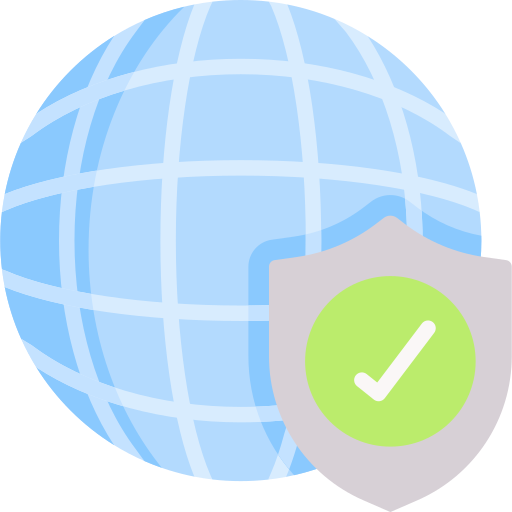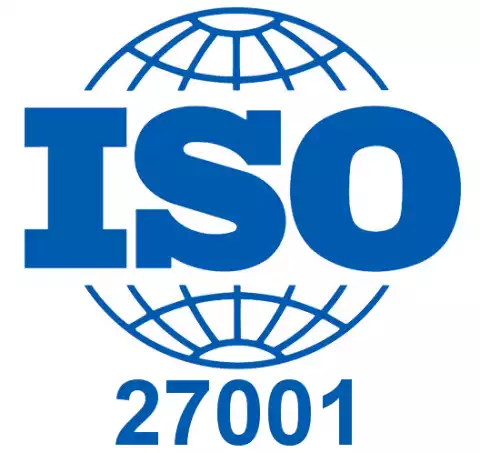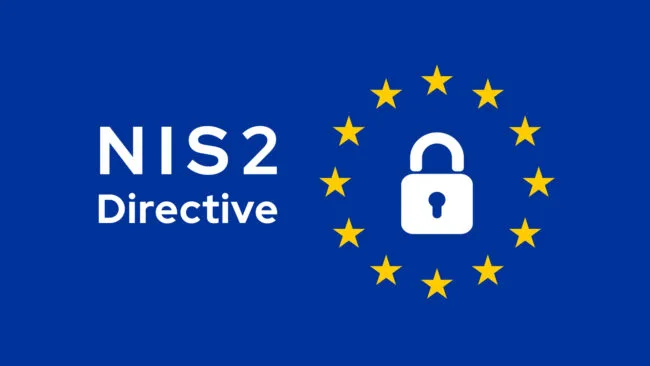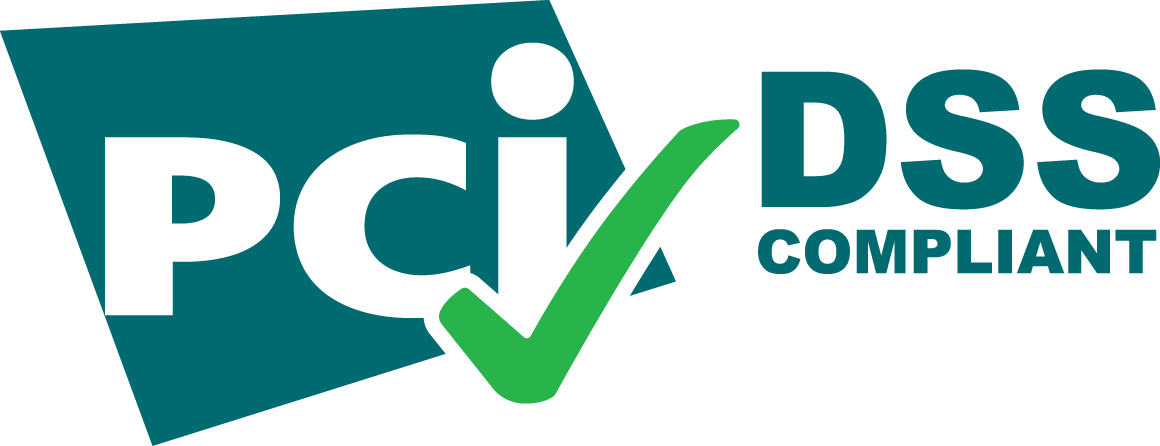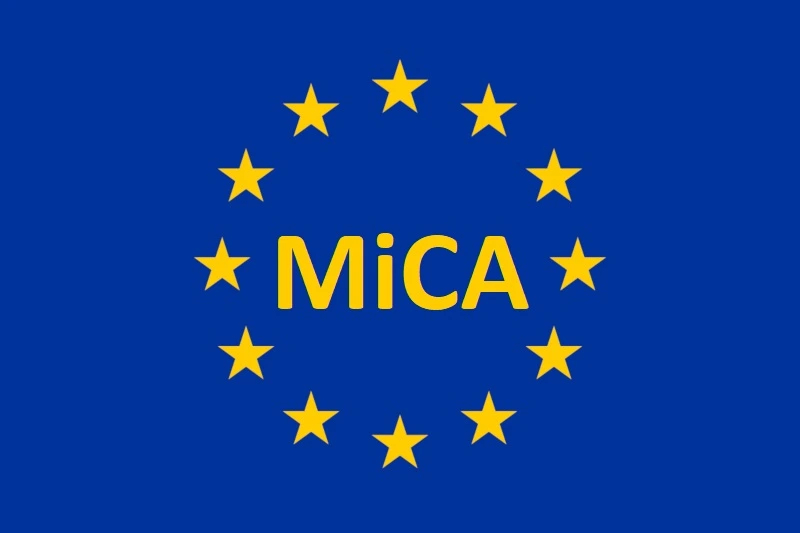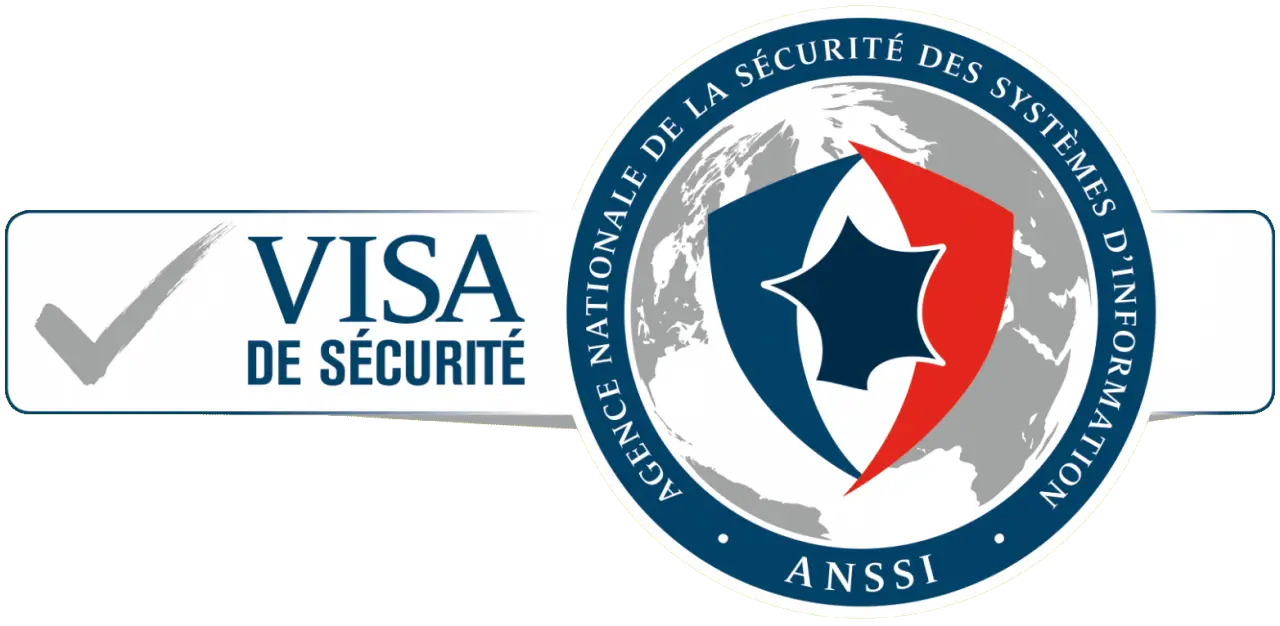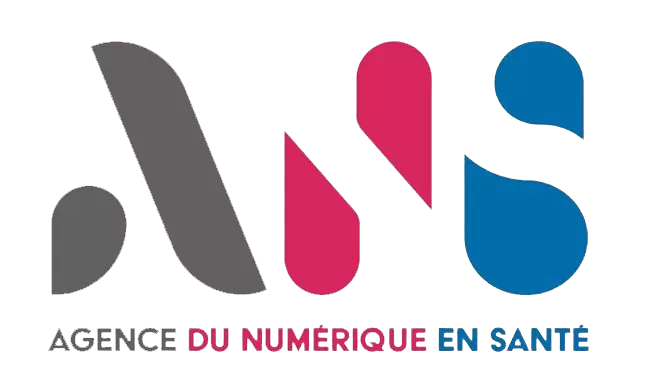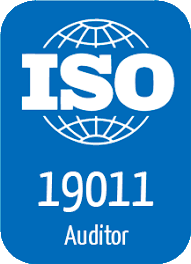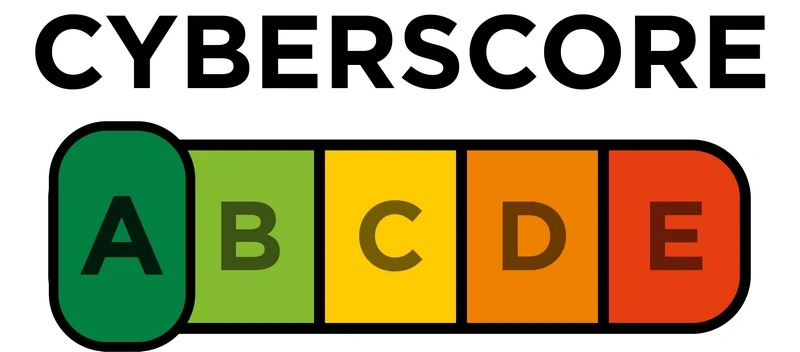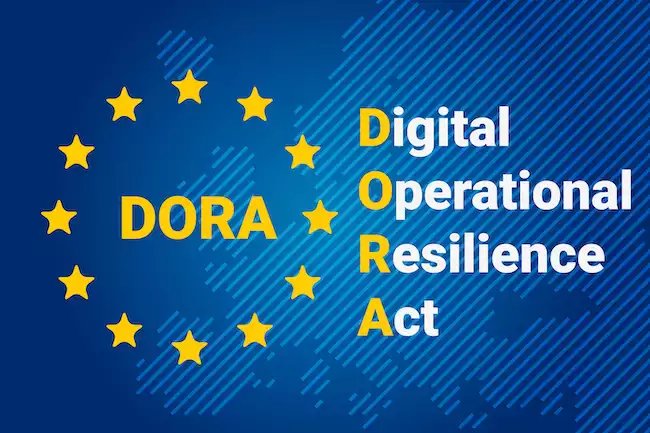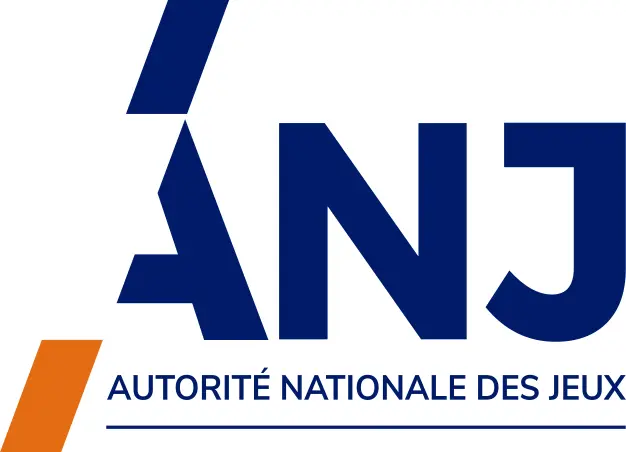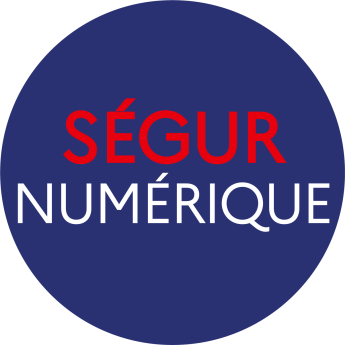- Home
- Solutions
-
Services
 Ziwit Consultancy ServicesManual audits and Pentests on-site or remotely
Ziwit Consultancy ServicesManual audits and Pentests on-site or remotely
 PentestSimulate an IT attack with a penetration test
Security Operations CenterOutsource your IT security with our SOC offer by Ziwit
Phishing CampaignRaise awareness about Phishing and carry out a phishing campaign
PentestSimulate an IT attack with a penetration test
Security Operations CenterOutsource your IT security with our SOC offer by Ziwit
Phishing CampaignRaise awareness about Phishing and carry out a phishing campaign
 Ziwit AcademyTraining, education and best practices in cybersecurity
Incident Response TeamCrisis Unit in case of hacking
Standards & DirectivesZiwit supports you in complying with standards
Outsourced CISO & SupportOutsource your CISO or get support from an expert
RGPD & DPOCheck your GDPR confirmation and your DPO skills
Ziwit AcademyTraining, education and best practices in cybersecurity
Incident Response TeamCrisis Unit in case of hacking
Standards & DirectivesZiwit supports you in complying with standards
Outsourced CISO & SupportOutsource your CISO or get support from an expert
RGPD & DPOCheck your GDPR confirmation and your DPO skills
-
Pentest
 PentestSimulate an IT attack with a penetration test
Pentest WebEvaluate the security of your site or web application
Black Box PentestEvaluate the security of your IT system in real conditions
Grey Box PentestIdentify vulnerabilities with limited system knowledge
White Box PentestPerform a penetration test with full access to system information
Internal PentestIdentify security vulnerabilities that can be exploited by an insider attacker
External PentestEvaluate your security by simulating an attack by an external attacker
Pentest as a ServiceProtect yourself continuously and without interruption thanks to our service Pentest as a Service
ISO 27001 PentestPerform an ISO 27001 Pentest
Red TeamImprove your security by identifying your weak points
PentestSimulate an IT attack with a penetration test
Pentest WebEvaluate the security of your site or web application
Black Box PentestEvaluate the security of your IT system in real conditions
Grey Box PentestIdentify vulnerabilities with limited system knowledge
White Box PentestPerform a penetration test with full access to system information
Internal PentestIdentify security vulnerabilities that can be exploited by an insider attacker
External PentestEvaluate your security by simulating an attack by an external attacker
Pentest as a ServiceProtect yourself continuously and without interruption thanks to our service Pentest as a Service
ISO 27001 PentestPerform an ISO 27001 Pentest
Red TeamImprove your security by identifying your weak points
- About Ziwit

